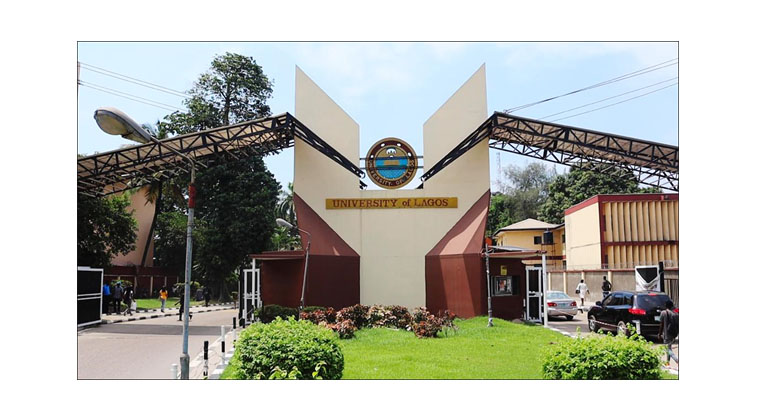Nigeria, Africa’s most populous nation, faces numerous challenges in its education sector, with the financial plight of teachers being one of the most pressing issues. Several factors contribute to the poor financial status of Nigerian teachers, including inadequate salaries, delayed payments, insufficient funding for education, and systemic corruption.
One of the primary reasons Nigerian teachers are poor is the inadequacy of their salaries.
According to a report by the Nigerian Union of Teachers (NUT), the average monthly salary for teachers ranges between N18,000 to N70,000 ($45 to $175), depending on the state and level of education they teach . This amount is insufficient to cover basic living expenses, let alone provide for a decent standard of living.
In many Nigerian states, teachers face chronic delays in salary payments. This issue is particularly prevalent in states with severe financial mismanagement or economic difficulties.
A survey by the Socio-Economic Rights and Accountability Project (SERAP) revealed that some teachers had not been paid for several months, leading to severe financial hardship. These delays force many teachers to take up second jobs or borrow money to survive.
The Nigerian government allocates a small percentage of its budget to education, often falling short of the UNESCO recommendation of 15-20% . For instance, in 2022, the Nigerian federal government allocated only 7.9% of its total budget to education. This insufficient funding trickles down to the states and local governments, which are primarily responsible for paying teachers. As a result, teachers’ salaries and benefits are often among the first to be affected by budget cuts.
Corruption within the education sector exacerbates the financial struggles of Nigerian teachers. Funds allocated for teachers’ salaries and school infrastructure often disappear due to corrupt practices.
The embezzlement of funds by government officials means that teachers do not receive their full salaries or any promised allowances . This corruption extends to the management of pension funds, leaving many retired teachers without their due pensions.
Nigeria’s economic instability, characterised by high inflation rates and a volatile currency, also impacts teachers’ financial well-being.
The depreciation of the Nigerian Naira reduces the purchasing power of teachers’ already meager salaries, making it increasingly difficult for them to afford basic necessities . Additionally, the high cost of living in urban areas further exacerbates their financial struggles.
The poor working conditions in many Nigerian schools contribute to the financial and emotional strain on teachers. Many schools lack basic infrastructure, such as adequate classrooms, teaching materials, and sanitation facilities. Teachers often have to use their own money to buy teaching aids and maintain classroom environments, further stretching their limited incomes .
The poverty experienced by Nigerian teachers is a multifaceted issue rooted in inadequate salaries, delayed payments, insufficient funding, systemic corruption, economic instability, and poor working conditions.
Addressing this problem requires a concerted effort from the Nigerian government to increase budget allocations for education, ensure timely payment of salaries, combat corruption, and improve the overall working conditions for teachers.
Only through such comprehensive measures can the financial status of Nigerian teachers be improved, ultimately enhancing the quality of education in the country.











